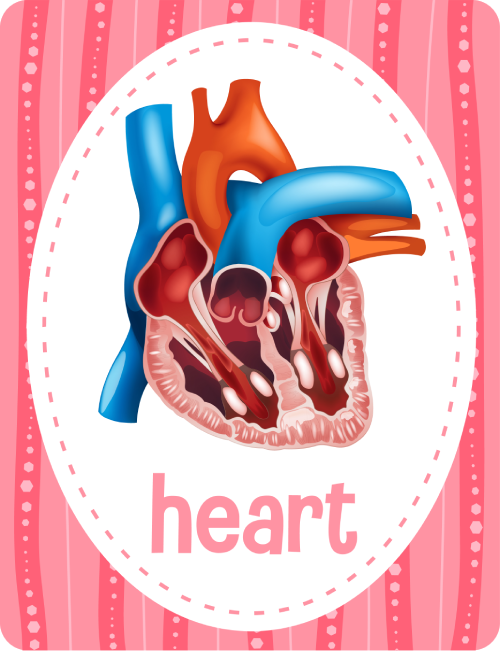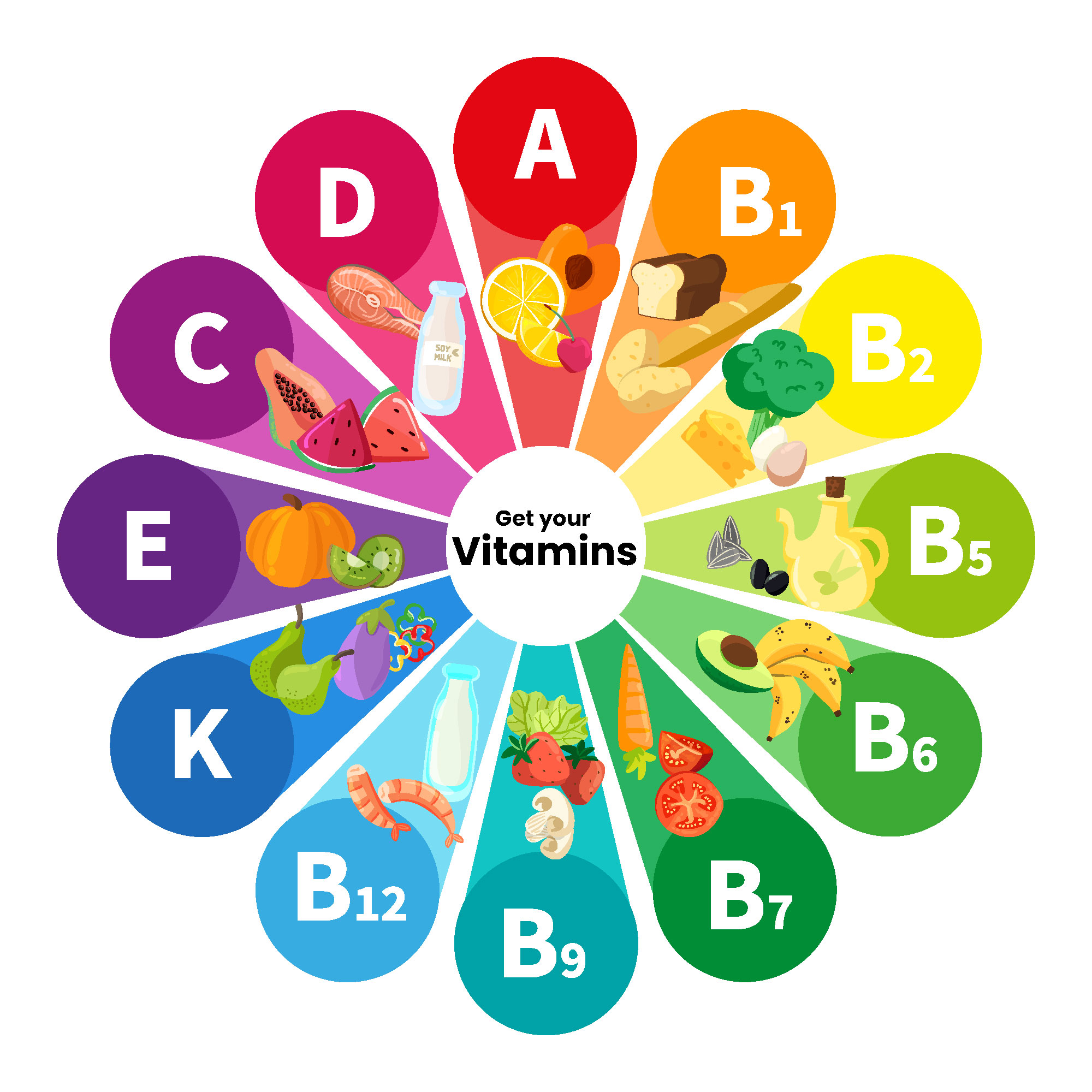Vitamin E is a powerful antioxidant that plays a crucial role in maintaining overall health and, more importantly, heart health. This article explores the importance of Vitamin E in cardiovascular health, its benefits, sources, and how it can be integrated into your diet.
Content
ToggleWhat is Vitamin E?
Vitamin E is a fat-soluble vitamin that occurs naturally in various foods. It is known for its antioxidant properties, which help to neutralize free radicals in the body. This neutralization is critical for preventing oxidative stress, a significant factor in the development of heart disease.
Types of Vitamin E
There are eight forms of vitamin E, but alpha-tocopherol is the most active and the one primarily studied in relation to heart health. Other forms include beta, gamma, and delta-tocopherol. Each of these forms has unique properties, but alpha-tocopherol is the most widely recognized due to its biological activity.
How Vitamin E Benefits Heart Health
Antioxidant Properties
One of the primary roles of Vitamin E in heart health is its ability to act as an antioxidant. It protects cells from damage caused by free radicals, which can lead to inflammation and the hardening of arteries, commonly known as atherosclerosis.
Reducing LDL Cholesterol
Research has shown that Vitamin E can help reduce oxidized LDL cholesterol levels. Oxidized LDL is a significant contributor to plaque formation in arteries, which can lead to heart attacks and strokes. By preventing the oxidation of LDL cholesterol, Vitamin E may help maintain clearer arteries.
Anti-Inflammatory Effects
Chronic inflammation is closely linked to heart disease. Vitamin E exhibits anti-inflammatory properties that can help reduce inflammation in the cardiovascular system, thus lowering the risk of developing heart-related conditions.
Improving Blood Vessel Function
Vitamin E plays a role in enhancing the function of the endothelium, the thin layer of cells lining the blood vessels. Improved endothelial function leads to better blood flow and reduced blood pressure, contributing to overall cardiovascular health.
Dietary Sources of Vitamin E
Incorporating Vitamin E into your diet is relatively easy. Here are some rich sources of vitamin E:
- Nuts and Seeds: Almonds, sunflower seeds, and hazelnuts are excellent sources.
- Vegetable Oils: Oils such as sunflower oil, safflower oil, and olive oil are high in vitamin E.
- Leafy Greens: Spinach, kale, and Swiss chard are nutritious and rich in Vitamin E.
- Fruits: Kiwi, mango, and avocados not only provide Vitamin E but also other essential nutrients.
- Fortified Foods: Many cereals and other grain products are fortified with vitamin E.
Recommended Daily Allowance
For adults, the recommended daily allowance (RDA) of vitamin E is about 15 mg (22.4 IU). It’s essential to obtain enough Vitamin E through diet or supplements, especially for individuals at high risk for heart disease.
Vitamin E Supplements
While it is always best to obtain vitamins from natural food sources, Vitamin E supplements can be beneficial, particularly for those who have difficulty meeting their daily requirements through diet alone. However, it’s crucial to consult with a healthcare provider before starting any supplements to avoid potential overdoses.
Potential Risks and Considerations
While Vitamin E is generally safe, excessive intake can lead to health issues, such as increased bleeding risk. It is essential to adhere to the recommended dosage and consider any other medications that might interact adversely with high vitamin E levels.
Transitioning to a Heart-Healthy Diet
Gradual Changes
Making small, gradual dietary changes can lead to significant improvements in heart health. Start by incorporating more vitamin E-rich foods into your meals.
- Breakfast: Add sliced almonds to your oatmeal or smoothies.
- Lunch: Include spinach and avocado in your salads.
- Dinner: Use olive oil as a dressing or cooking oil.
Staying Informed
Keeping up-to-date with research on vitamins and heart health is beneficial. New studies continuously emerge, highlighting different aspects of Vitamin E’s role in cardiovascular well-being.
Conclusion
In conclusion, Vitamin E is vital for maintaining heart health through its antioxidant and anti-inflammatory properties. By incorporating vitamin E-rich foods into your diet and being mindful of your daily intake, you can support your cardiovascular health effectively.
Always consult with a healthcare professional for personalized advice, especially if you are considering supplementation.



